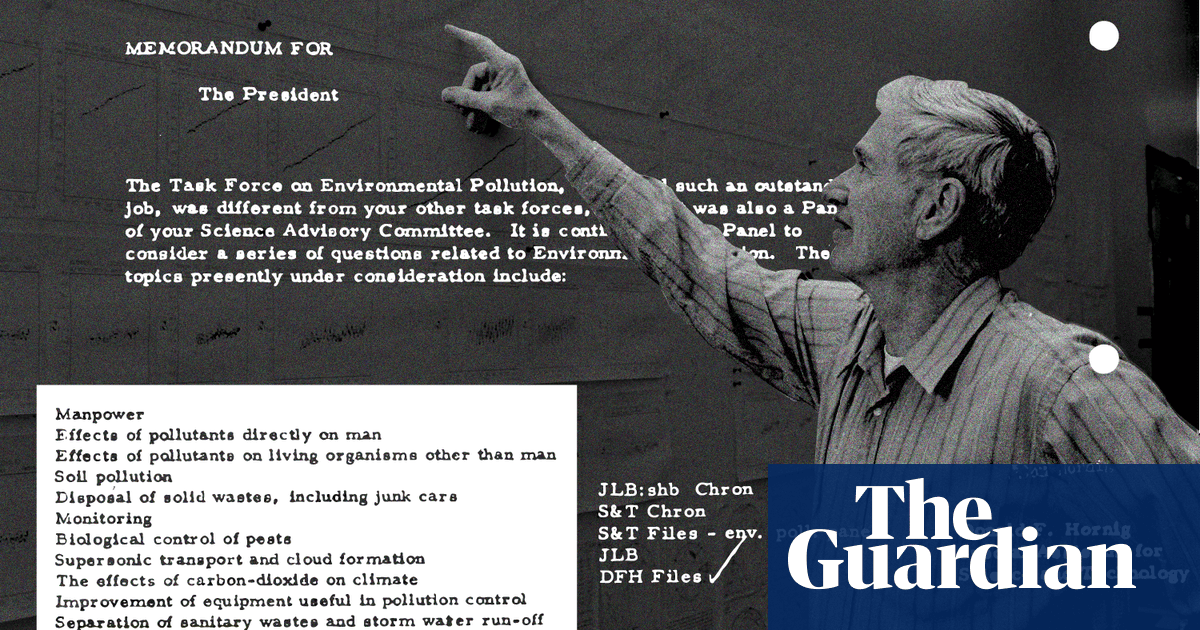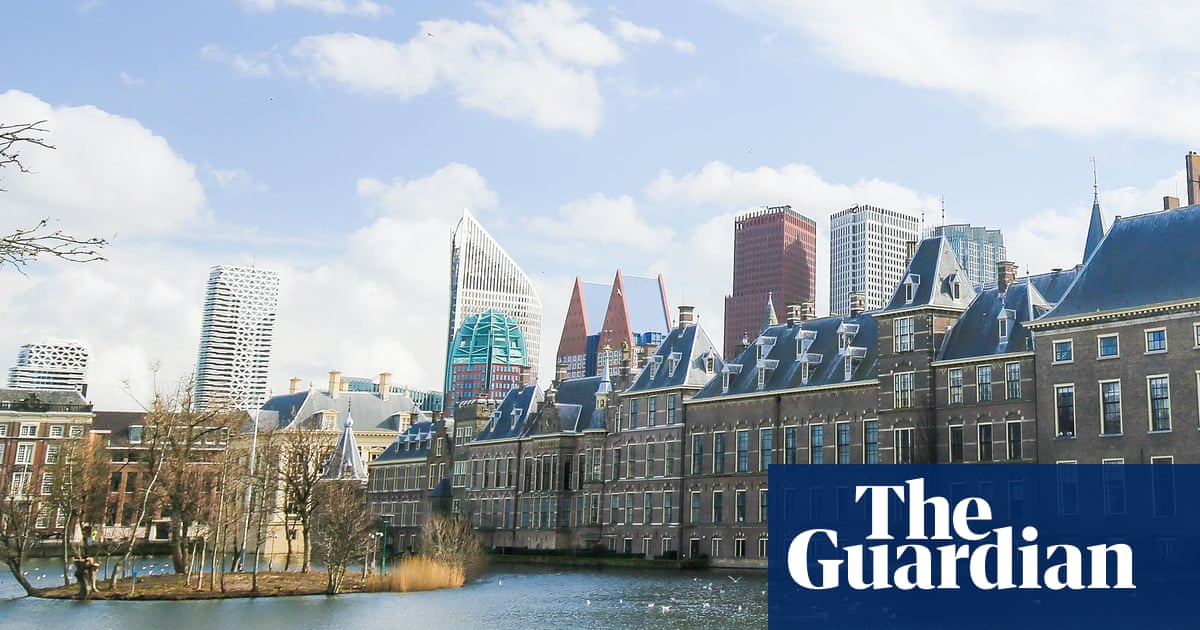The Hague to Ban Fossil Fuels Street Ads

The Facts
The Dutch city of The Hague has become the world's first city to ban street advertising for fossil fuel products and services with a high carbon footprint. The legislation, passed on Thursday, takes effect on Jan. 1, 2025.
Introduced by the Party for the Animals, the ban will apply across public spaces, including billboards and bus shelters, and cover advertising for high-carbon activities, such as the promotion of gas cars, in public spaces.
The Spin
Narrative A
Oil, gas, and coal industries have spent hundreds of millions of dollars each year to distort the truth, deceive the public, and portray themselves as proactive on the climate change emergency for decades. They have been lobbying to delay climate action by hiding investments in oil and gas extraction, issuing misleading climate-related branding, and exaggerating green credentials in public messaging. With this ban, The Hague can take the lead in stopping this greenwashing and ending climate disinformation once and for all.
Narrative B
Punishing the fossil fuel industry or making villains out of "big oil" isn't going to solve the climate crisis. No evidence suggests that oil and gas companies are the primary source of most of the world's harmful emissions, high rate of global warming, or tumbling global heat records. Anti-corporate actions like The Hague's could become a dangerous boomerang for global climate targets by misidentifying the cause of global warming and misdirecting well-meaning people seeking solutions toward a counterproductive target.
Narrative C
Even if fossil fuels are the primary cause of climate change, banning advertisements for high-greenhouse-emission products and climate-bursting services isn't particularly radical, as fossil energy extraction is a socialized industry globally. At least 55% of global oil and gas production comes from state-owned enterprises. Such knee-jerk reactions only violate people's right to information, negatively affect local businesses, and risk outlawing the advertising industry's workforce.
Narrative D
It's easier to penalize fossil fuels industries — the backbone of the electricity system — than admit that global warming isn't the threat that it's made out to be. The so-called evidence for climate change doesn't stand up to scrutiny or consider weather phenomena like El Niño in heating the planet. However, there's proof that a war against fossil fuels would take the world back into caves. Policymaking should be guided by proven facts, not speculation.




